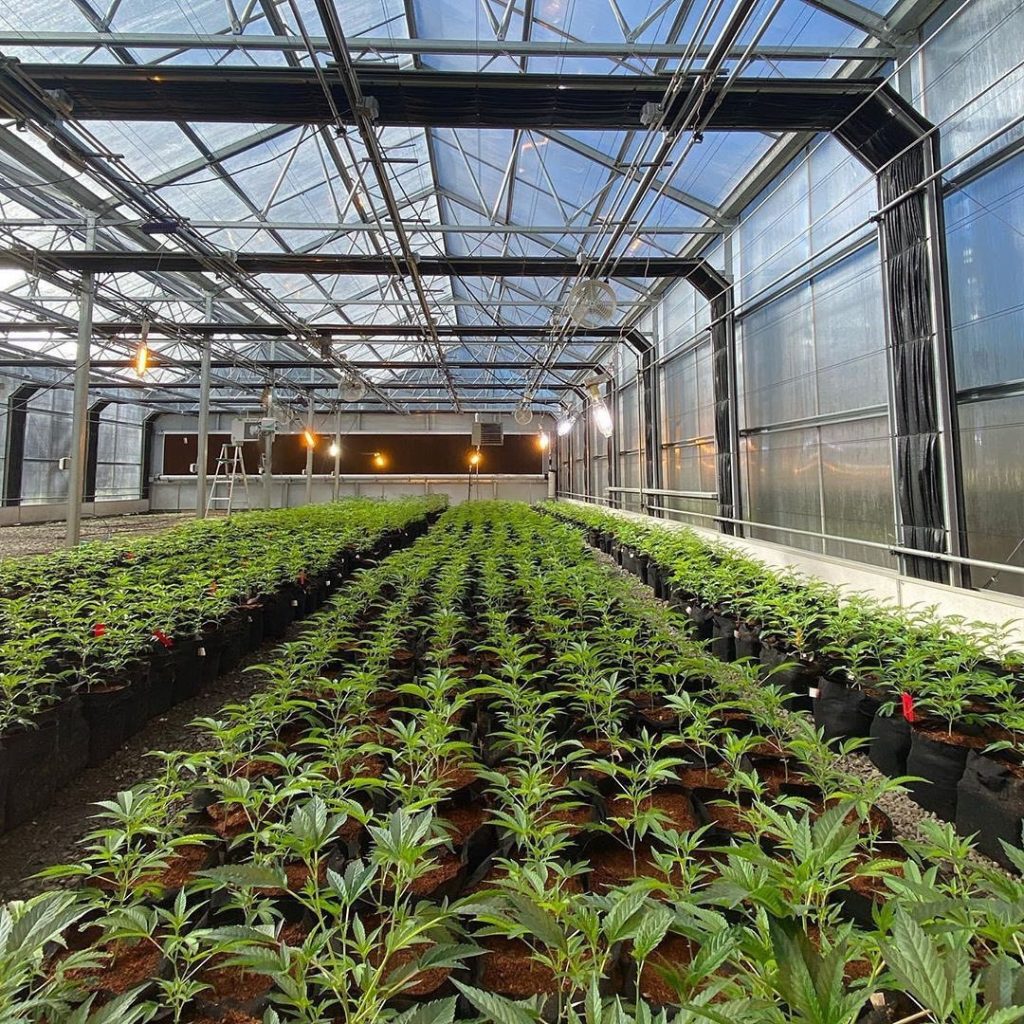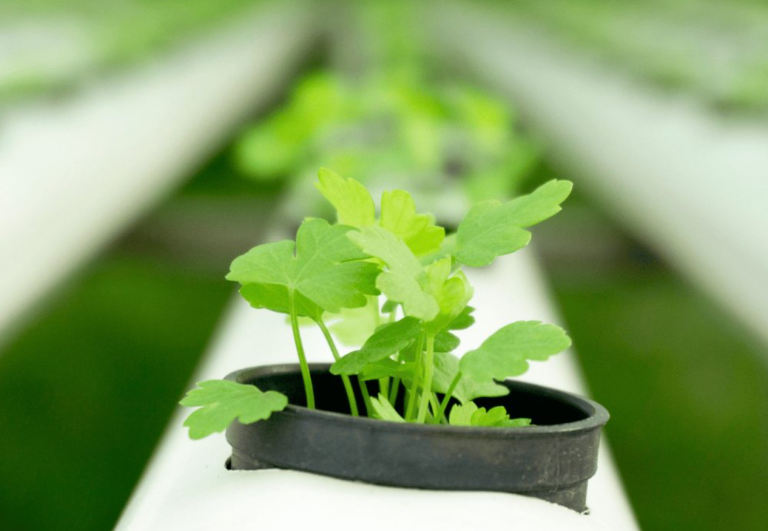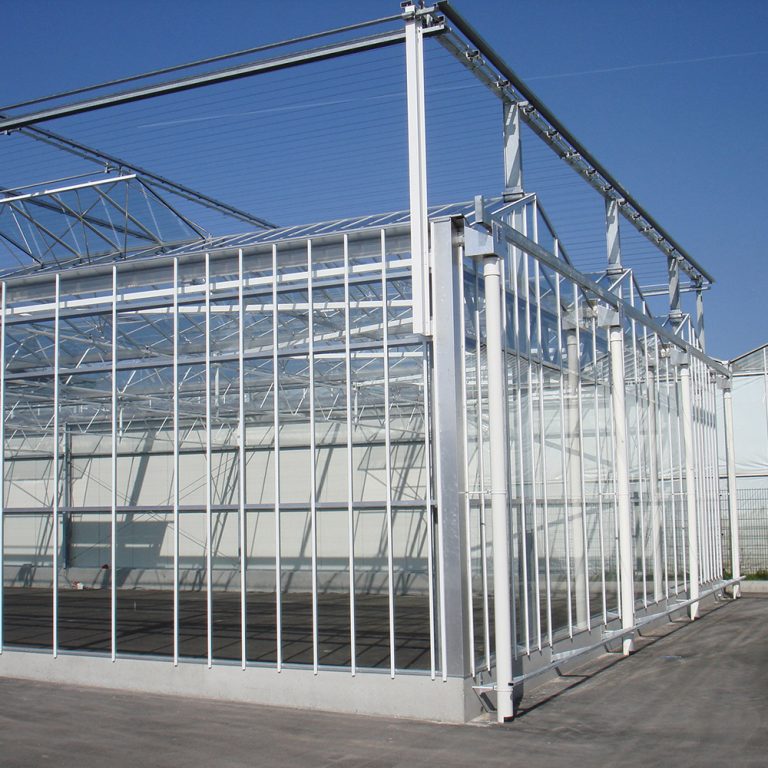
Characteristics of Greenhouse Skeleton (Frame/Structure)The greenhouse skeleton is the structural framework that supports the covering material (e.g., glass, polycarbonate, polyethylene film). Key characteristics include:
- Material Types:
- Galvanized Steel: Most common; hot-dip galvanized for rust resistance.
- Aluminum: Lightweight, corrosion-resistant, often used in high-end glass greenhouses.
- Wood: Traditional (e.g., cedar/redwood); naturally rot-resistant but requires maintenance.
- PVC/Plastic: Low-cost, lightweight, but less durable for large spans.
- Design Styles:
- Hoop/Hoop House (Quonset): Curved arches; simple, cost-effective.
- Gothic Arch: Pointed arch for better snow shedding.
- A-Frame/Roof Ridge: Straight walls with peaked roof; good ventilation.
- Venlo (Dutch): Glasshouses with narrow bays for maximum light.
- Freestanding vs. Gutter-Connected: Single units or multi-bay complexes.
- Structural Features:
- Load-Bearing Capacity: Designed for wind (up to 140 km/h), snow (20–50 psf), and crop hanging loads.
- Span Width: 6–12 m (hoop), up to 15 m (rigid frames).
- Height: 3–6 m at eaves for air volume and equipment.
- Foundation: Concrete piers, ground posts, or full slab.
- Modular Components: Pre-fabricated arches, purlins, trusses, braces.
Advantages of a Strong Greenhouse Skeleton
- Durability & Longevity:
- Galvanized steel lasts 20–30+ years with minimal maintenance.
- Withstands extreme weather (hurricanes, heavy snow).
- Cost-Effectiveness:
- Low Initial Cost: Hoop houses ~$1–3/sq ft vs. glass Venlo ~$10–20/sq ft.
- Scalability: Easy to expand gutter-connected bays.
- Light Transmission & Ventilation Optimization:
- Rigid frames allow larger glazing panels → higher PAR light.
- Taller structures increase air volume → better temperature/humidity control.
- Energy Efficiency:
- Proper framing supports double-layer film (20–40% heat savings).
- Allows integration of roll-up sides, roof vents, shade systems.
- Crop Productivity:
- Uniform support for trellising systems (tomatoes, cucumbers).
- Enables year-round production in controlled environments.
- Ease of Assembly & Maintenance:
- Bolt-together kits reduce labor (1–2 days for 30×100 ft hoop).
- Minimal painting/sealing compared to wood.
Summary Table
| Aspect | Hoop (Steel) | Rigid Frame (Aluminum/Steel) | Glass Venlo |
|---|---|---|---|
| Cost | Low | Medium-High | High |
| Durability | 15–25 yrs | 25–40 yrs | 30+ yrs |
| Light Trans. | 70–85% | 80–90% | 85–95% |
| Snow Load | 20–30 psf | 40–60 psf | 50+ psf |
| Best For | Seasonal | Year-round | Commercial |
Pro Tip: Choose skeleton based on local climate—e.g., Gothic arch in snowy regions, aluminum in coastal (salt corrosion). Always check local building codes for wind/snow ratings.




